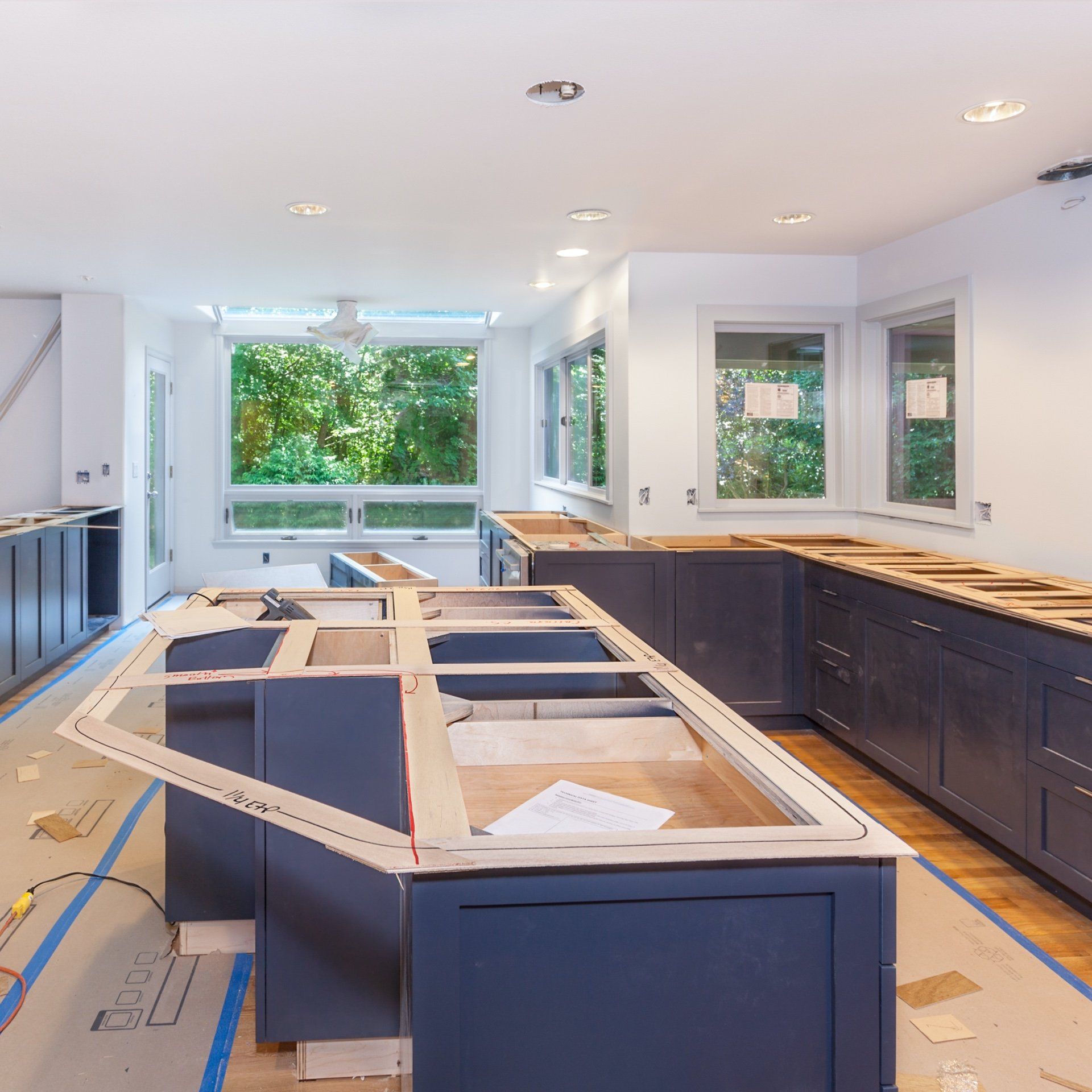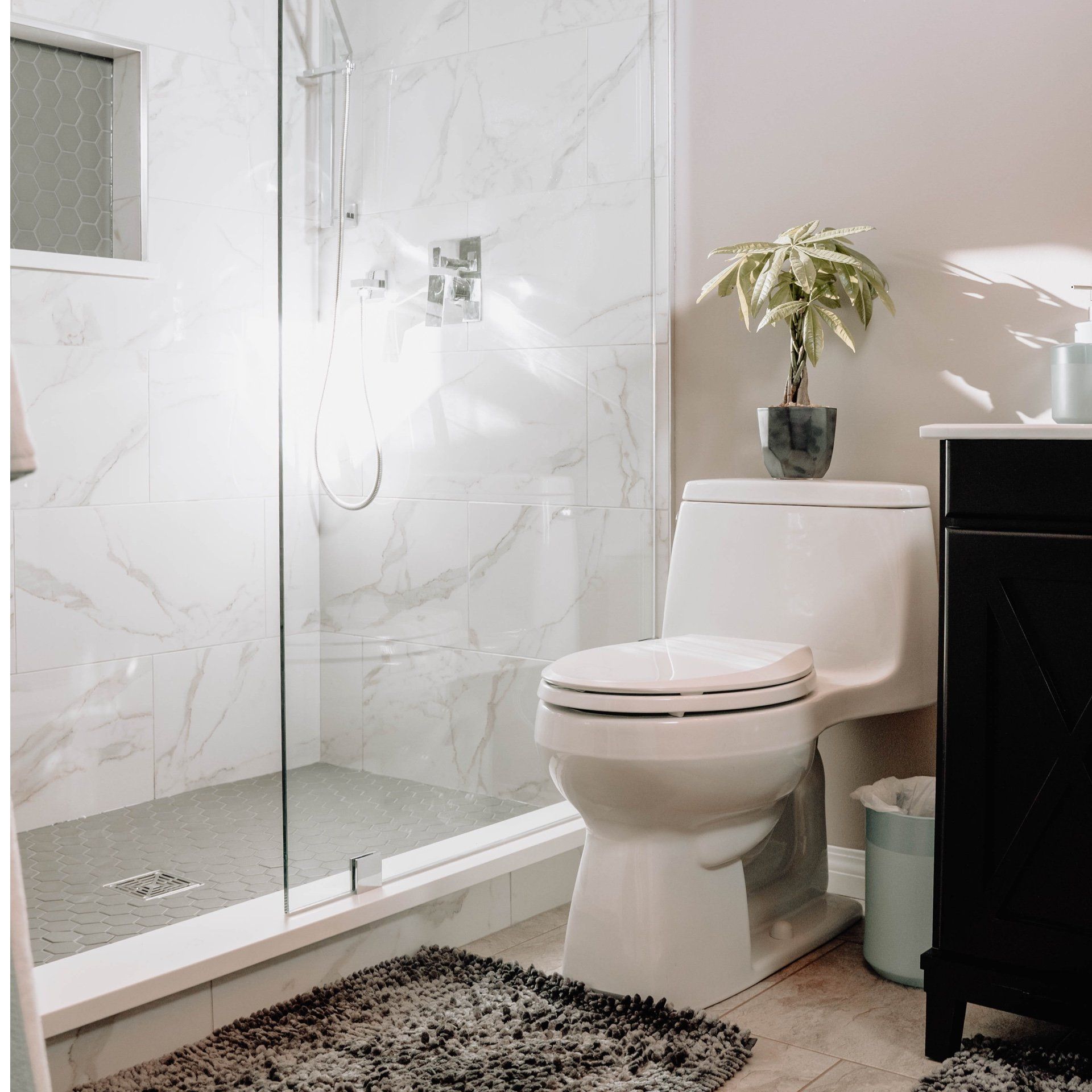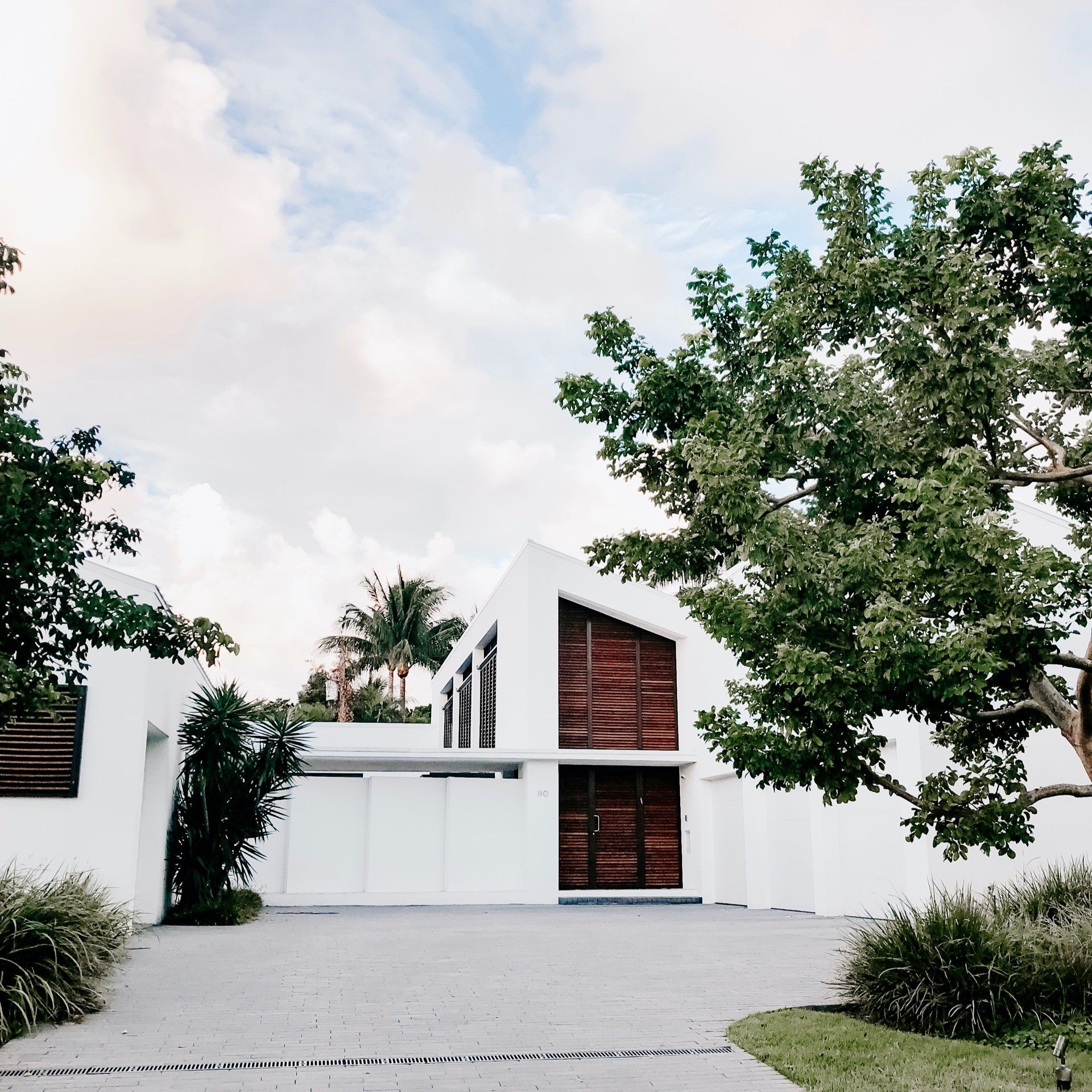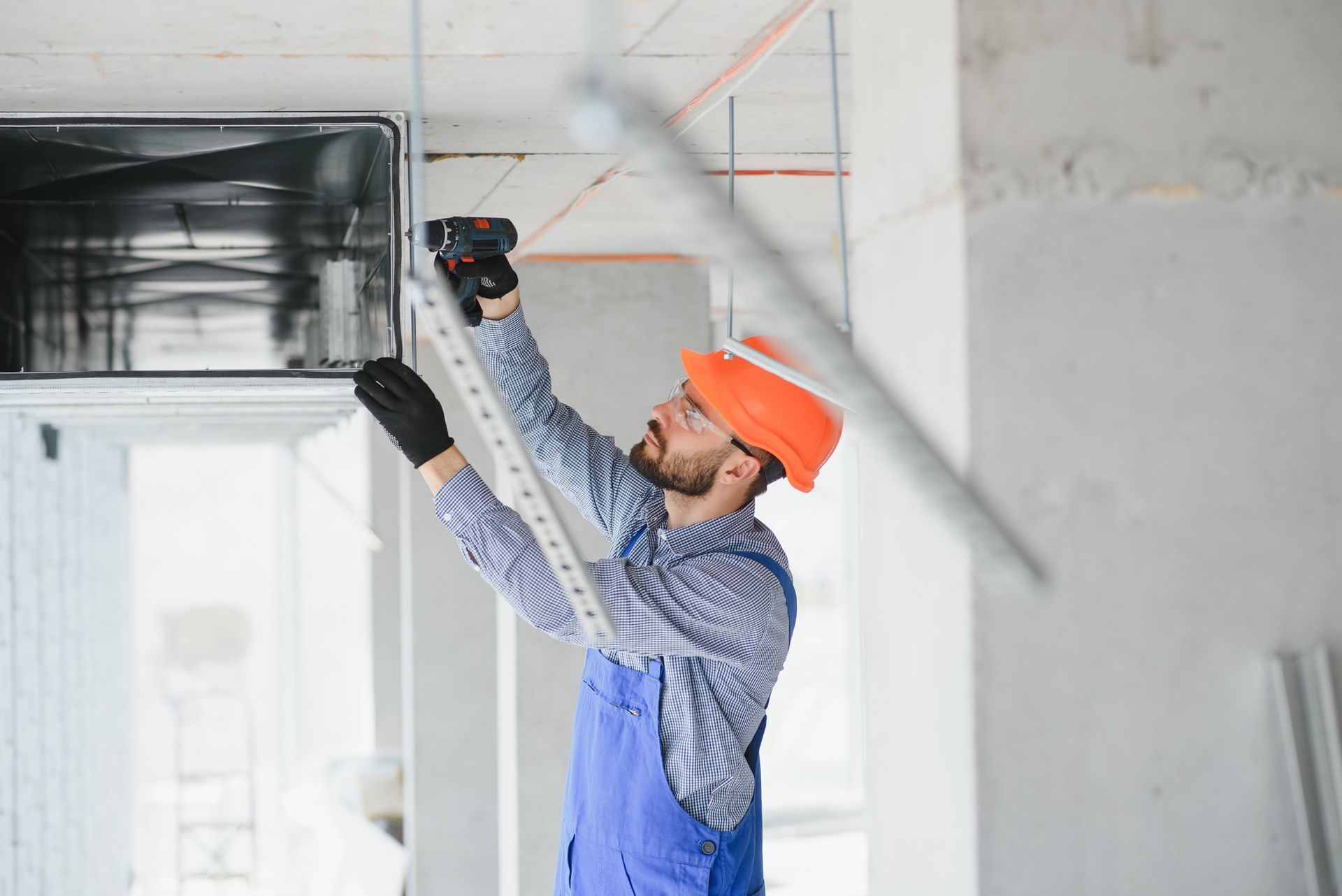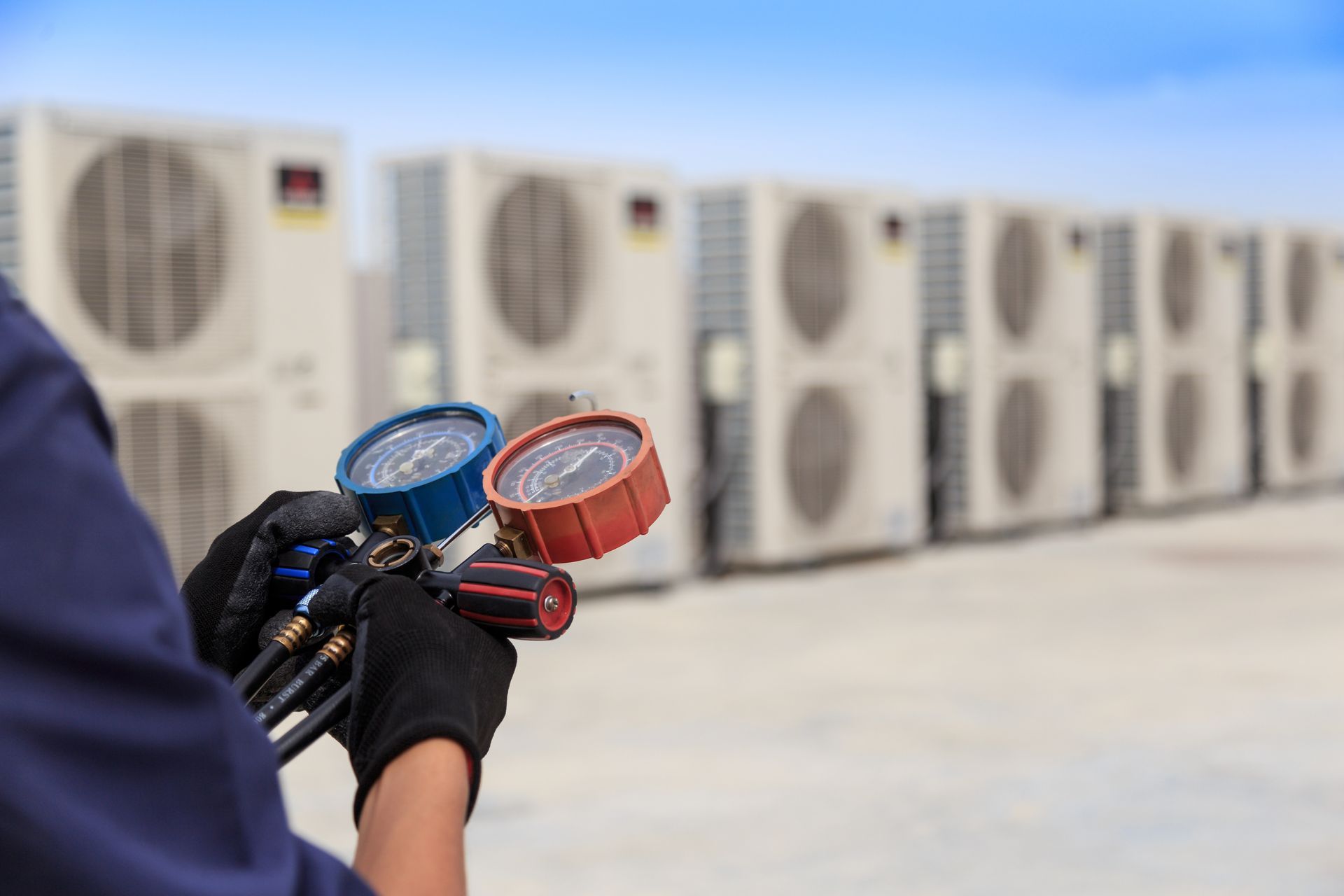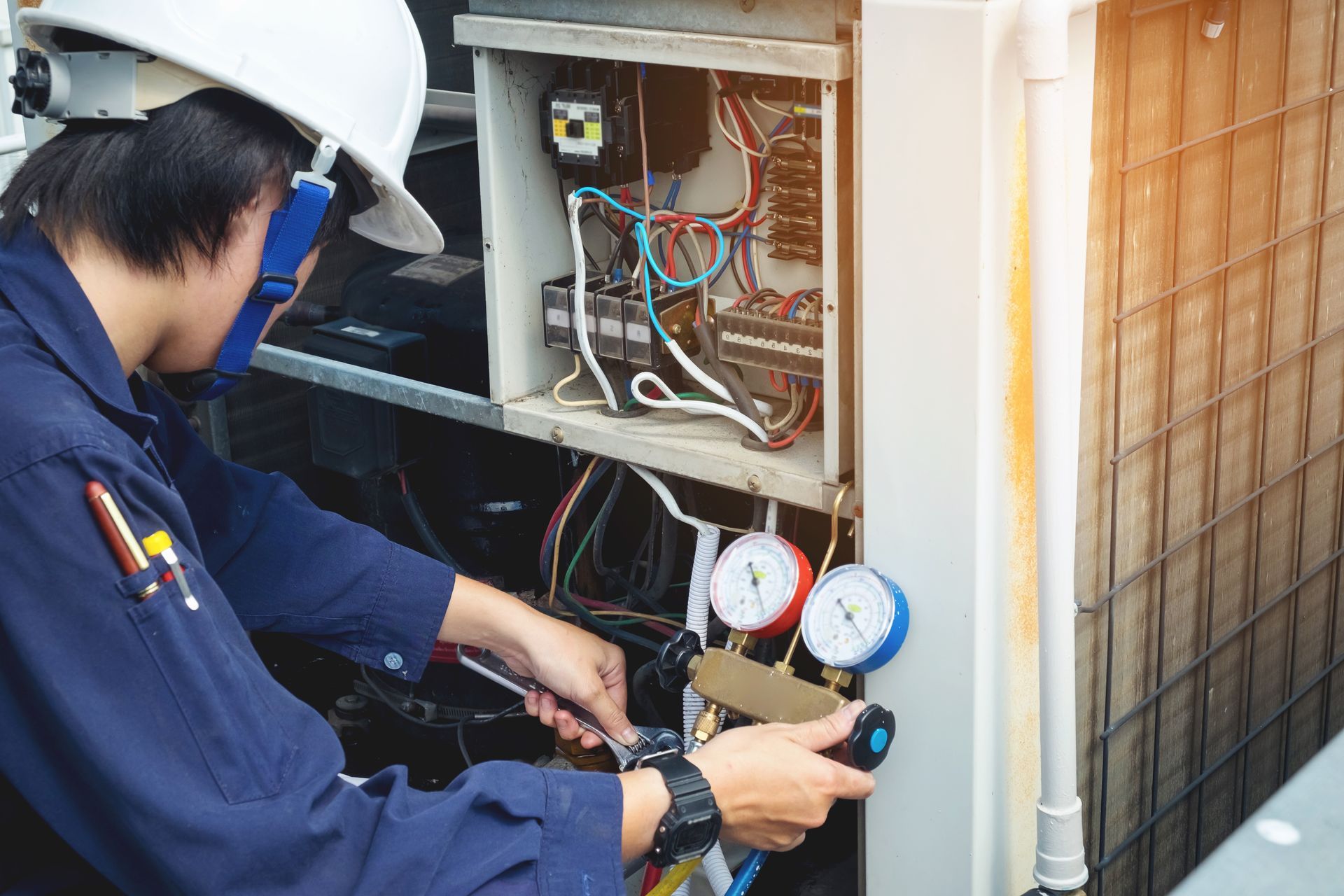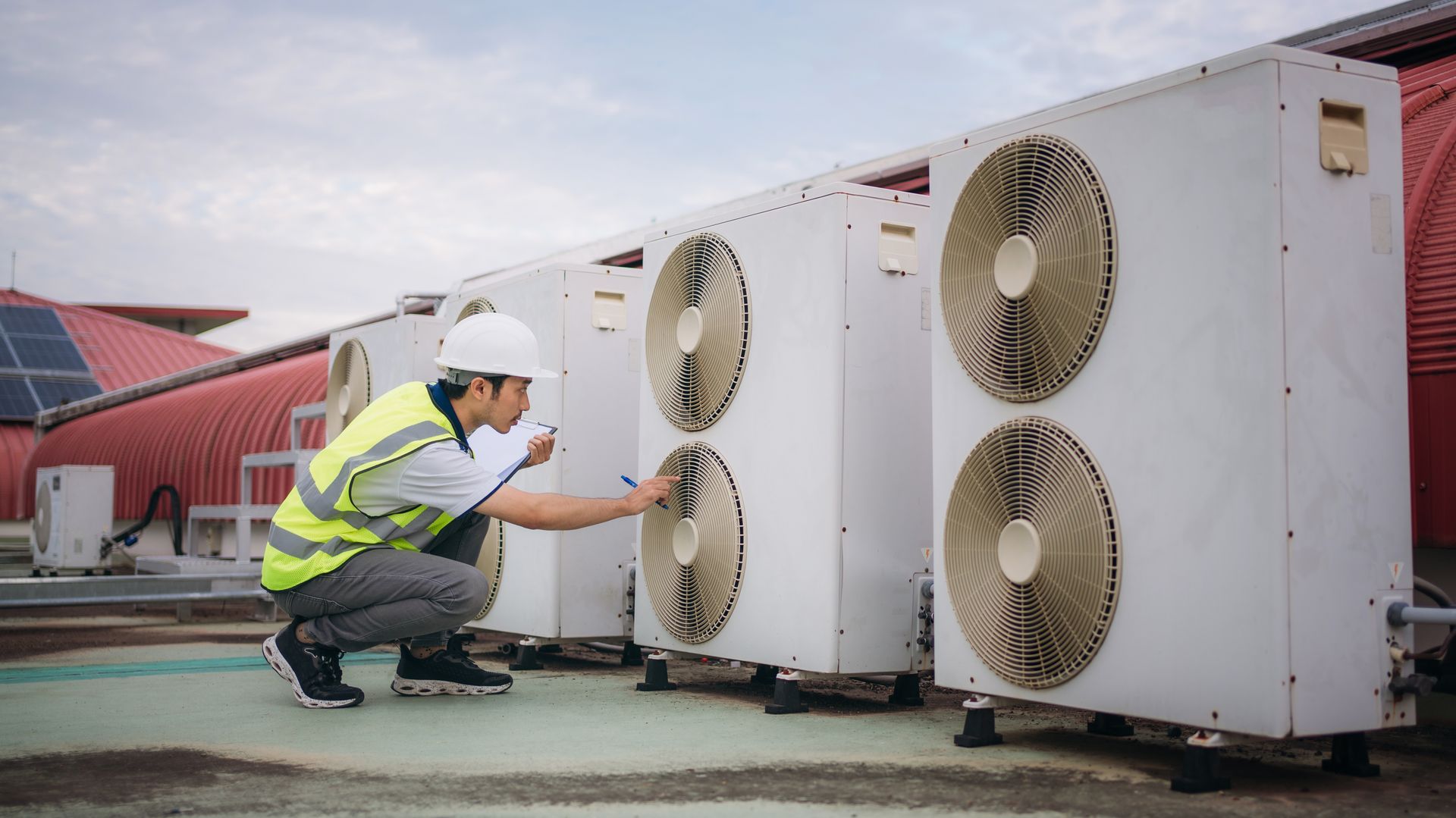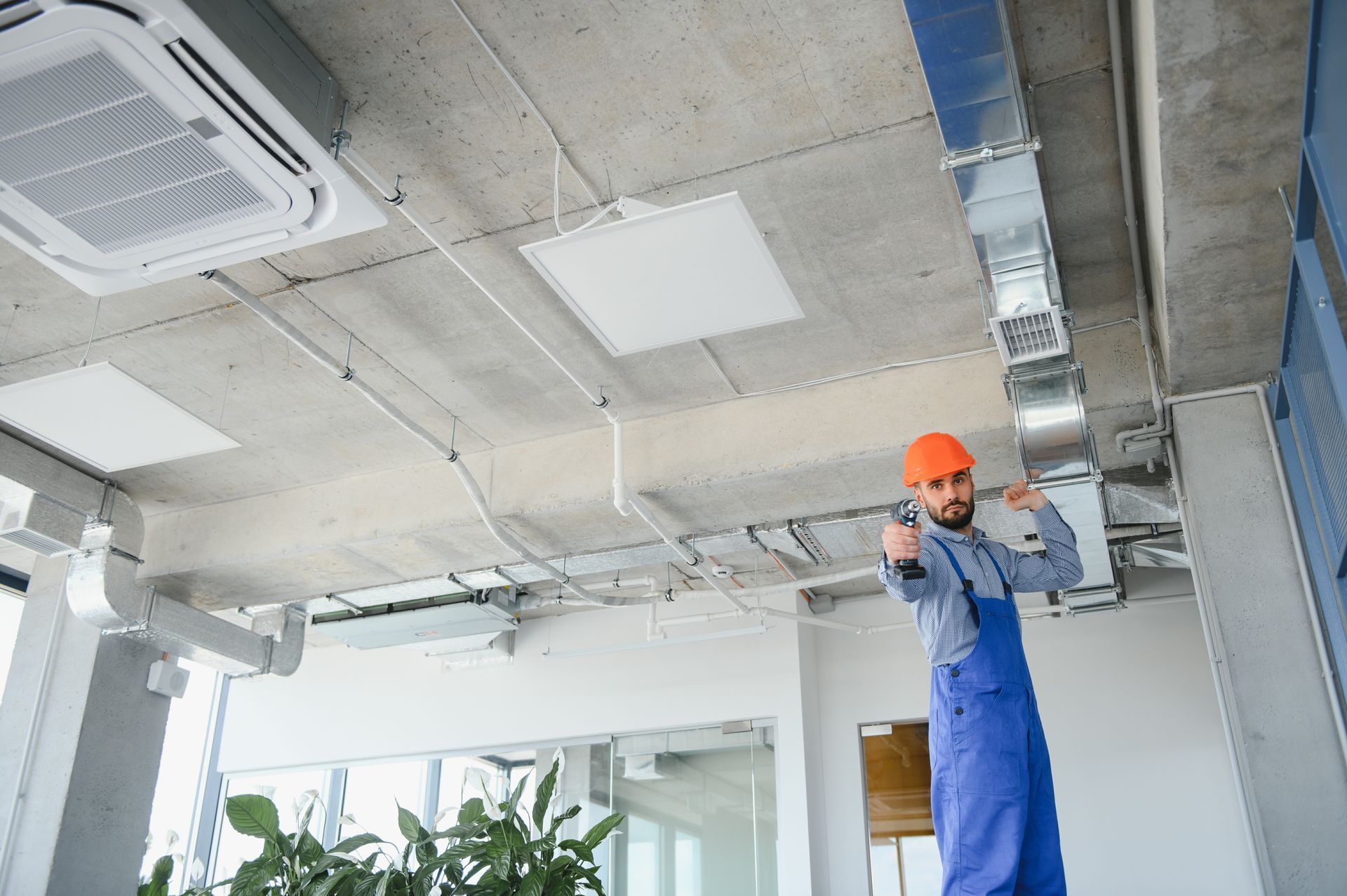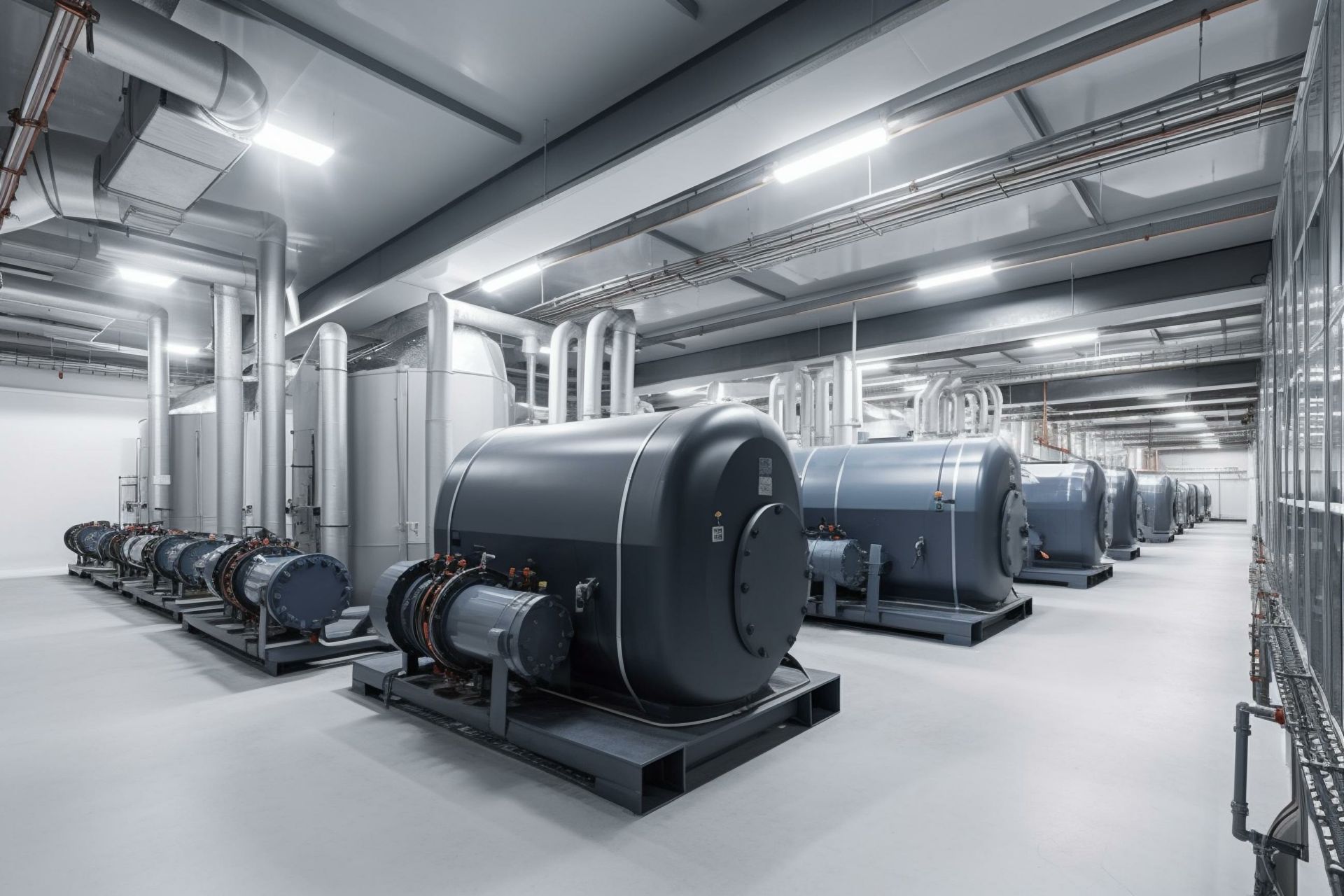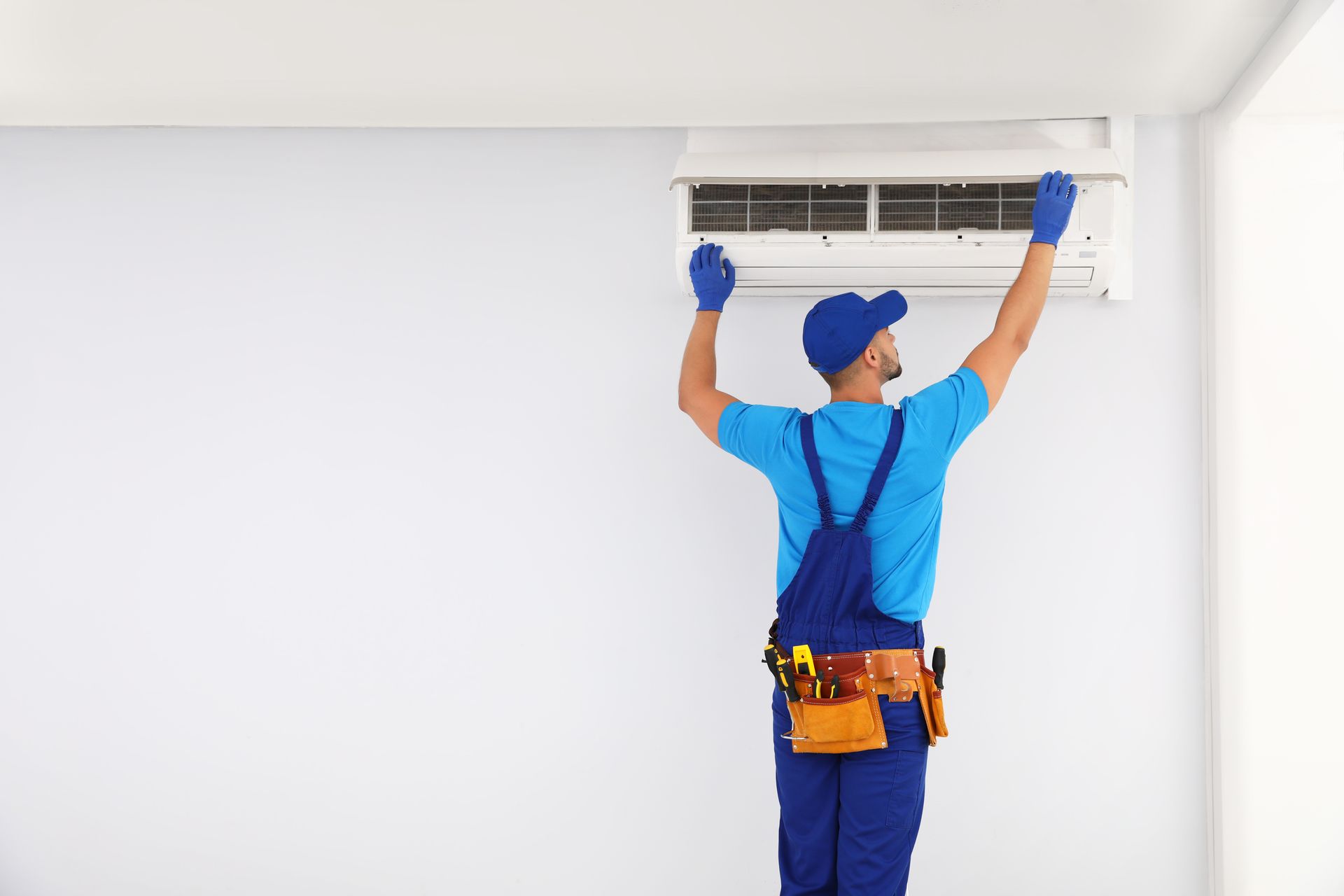Balancing Humidity Levels: Managing Indoor Air Quality in Commercial Buildings
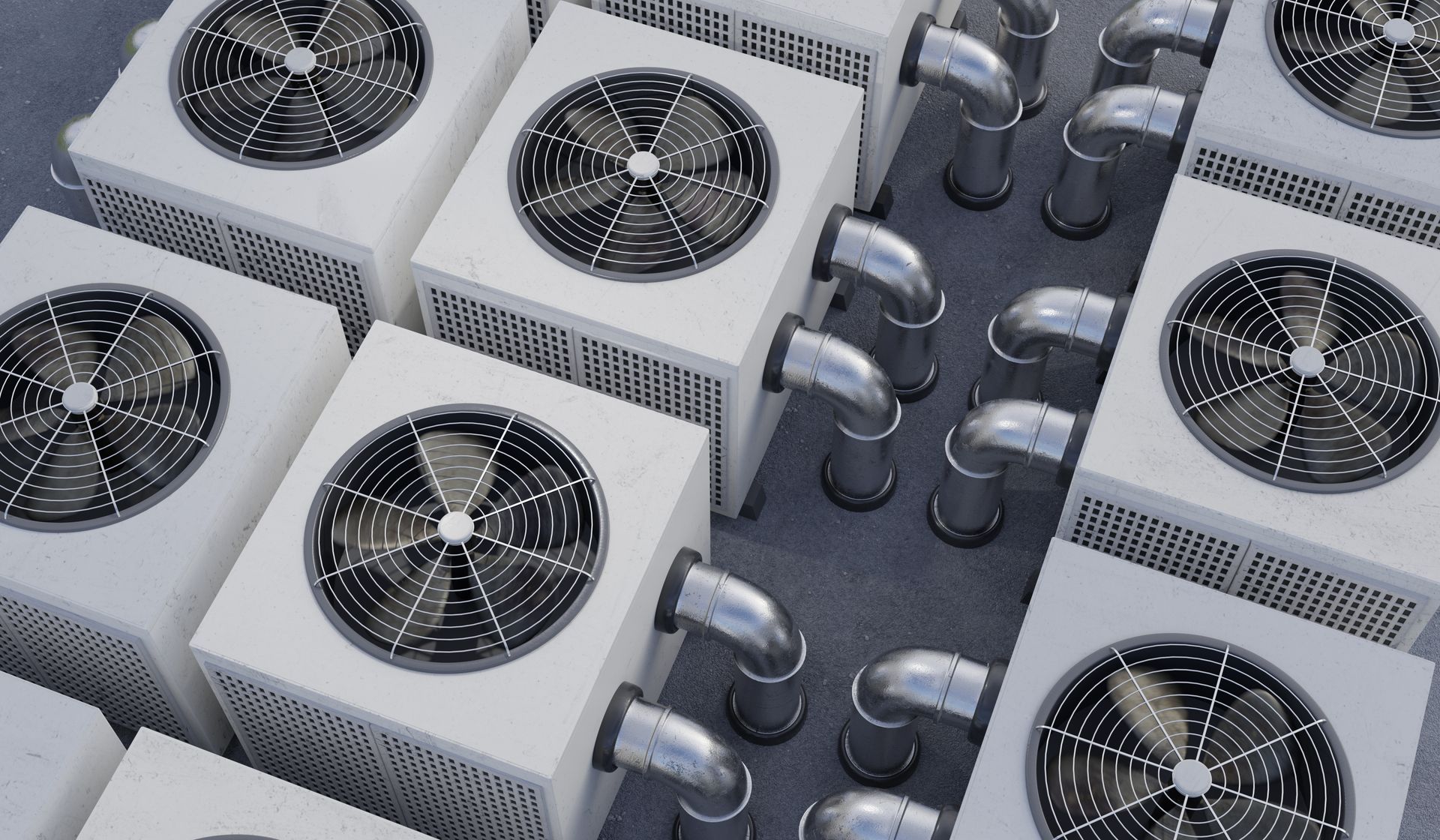
When we talk about indoor air quality (IAQ) in commercial buildings, the focus often turns to factors like temperature and ventilation. However, maintaining the right balance of humidity is just as critical to creating a healthy and comfortable indoor environment. Let's explore how you can effectively manage humidity levels with your HVAC system.
The Importance of Balanced Humidity
Humidity refers to the amount of water vapor in the air. Maintaining an optimal humidity level (generally considered to be between 30-50%) in a commercial building is key to ensuring a healthy and comfortable environment.
When humidity levels exceed this range, it can foster the growth of mold, mildew, and bacteria, leading to potential health problems. High humidity can also damage building materials and furnishings. On the other hand, air that's too dry can lead to discomfort, including dry skin, throat, and eyes, as well as exacerbate respiratory conditions.
Methods for Managing Humidity
HVAC systems play a crucial role in managing indoor humidity. Here are some strategies:
Effective Ventilation: Adequate ventilation helps regulate moisture levels, especially in areas like kitchens or bathrooms where humidity is typically high.
Air Conditioning: AC units do more than cool the air; they also remove moisture. Ensure your AC unit is correctly sized for your space to avoid overcooling without adequately dehumidifying.
Dehumidifiers: In particularly damp areas, or during humid months, a dehumidifier can be an effective solution. These devices remove excess moisture from the air, helping to maintain a balanced humidity level.
Regular Maintenance: Like any other HVAC equipment, systems that control humidity require regular maintenance to function effectively. This includes changing filters and cleaning coils.
The Advantage of Hiring a HVAC Professional
While understanding the basics of humidity control is beneficial, implementing effective solutions is a task best left to HVAC professionals.
Accurate Assessment: HVAC professionals can accurately assess your building's humidity levels and determine the most effective solutions tailored to your needs.
Expert Installation: Proper installation is key to ensuring your HVAC and humidity control equipment operates efficiently. Professionals have the training and experience to ensure installations are done correctly.
Ongoing Maintenance: Regular maintenance can prevent system inefficiencies, prolong equipment life, and keep your indoor humidity at optimal levels. HVAC professionals can provide routine checks and servicing.
The Risks of DIY Humidity Control
While it can be tempting to try and manage your building's humidity levels yourself, it's worth considering the potential risks associated with a DIY approach.
Complex Systems: HVAC systems are complex, and incorrect handling can result in system failure or expensive damages.
Safety Risks: Incorrect installation or maintenance can pose safety risks, including electrical shocks or refrigerant leaks.
Warranty Issues: Self-installation or repairs can void manufacturer warranties, leaving you exposed to the costs of any future system failures.
By maintaining a balanced indoor humidity level, you're not only creating a more comfortable environment; you're also contributing to the health and productivity of those using the space. For an accurate assessment of your commercial building's humidity levels and expert help with solutions, don't hesitate to reach out to us. Visit our 'Contact' page today. We're here to help ensure your indoor air quality is at its best.
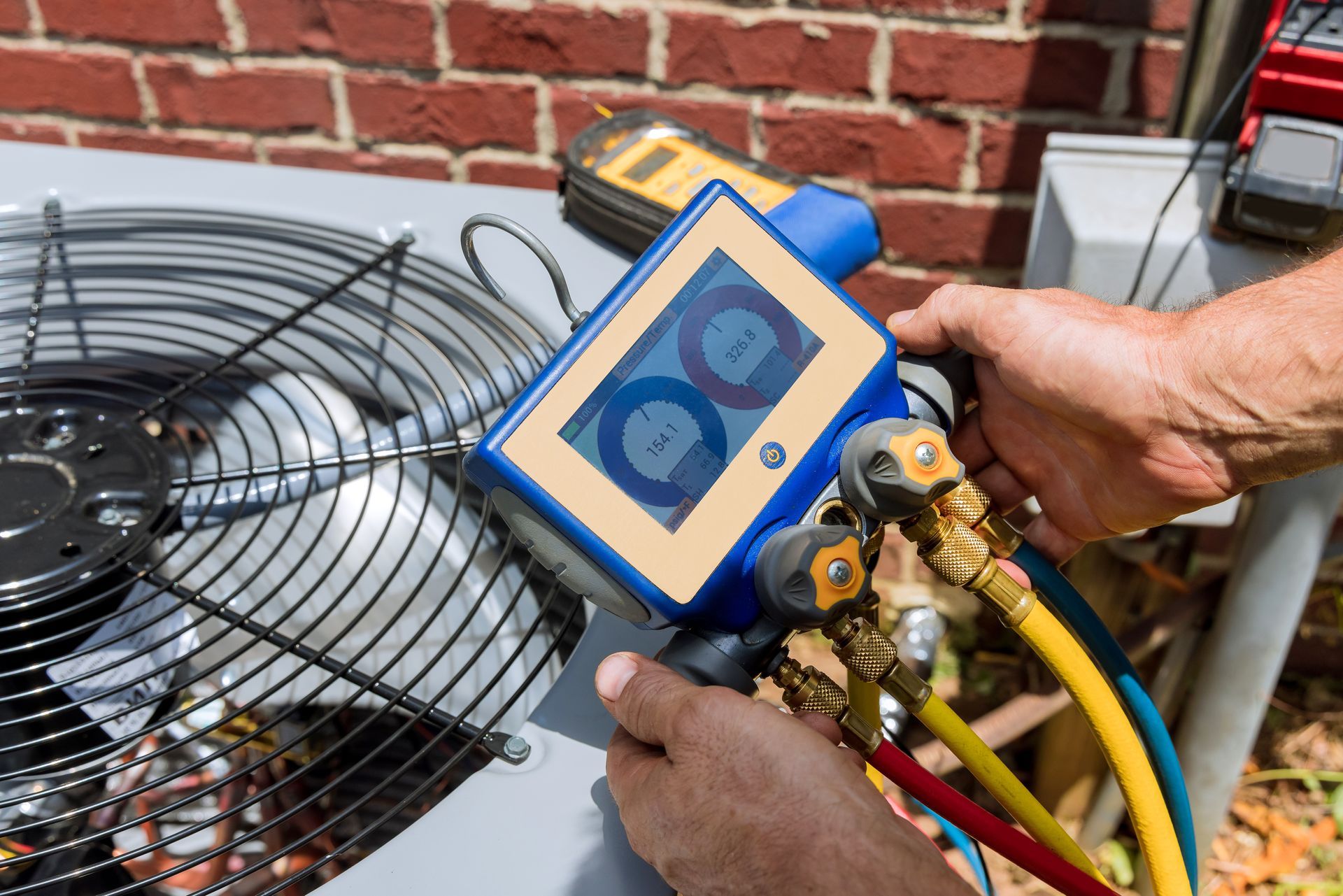
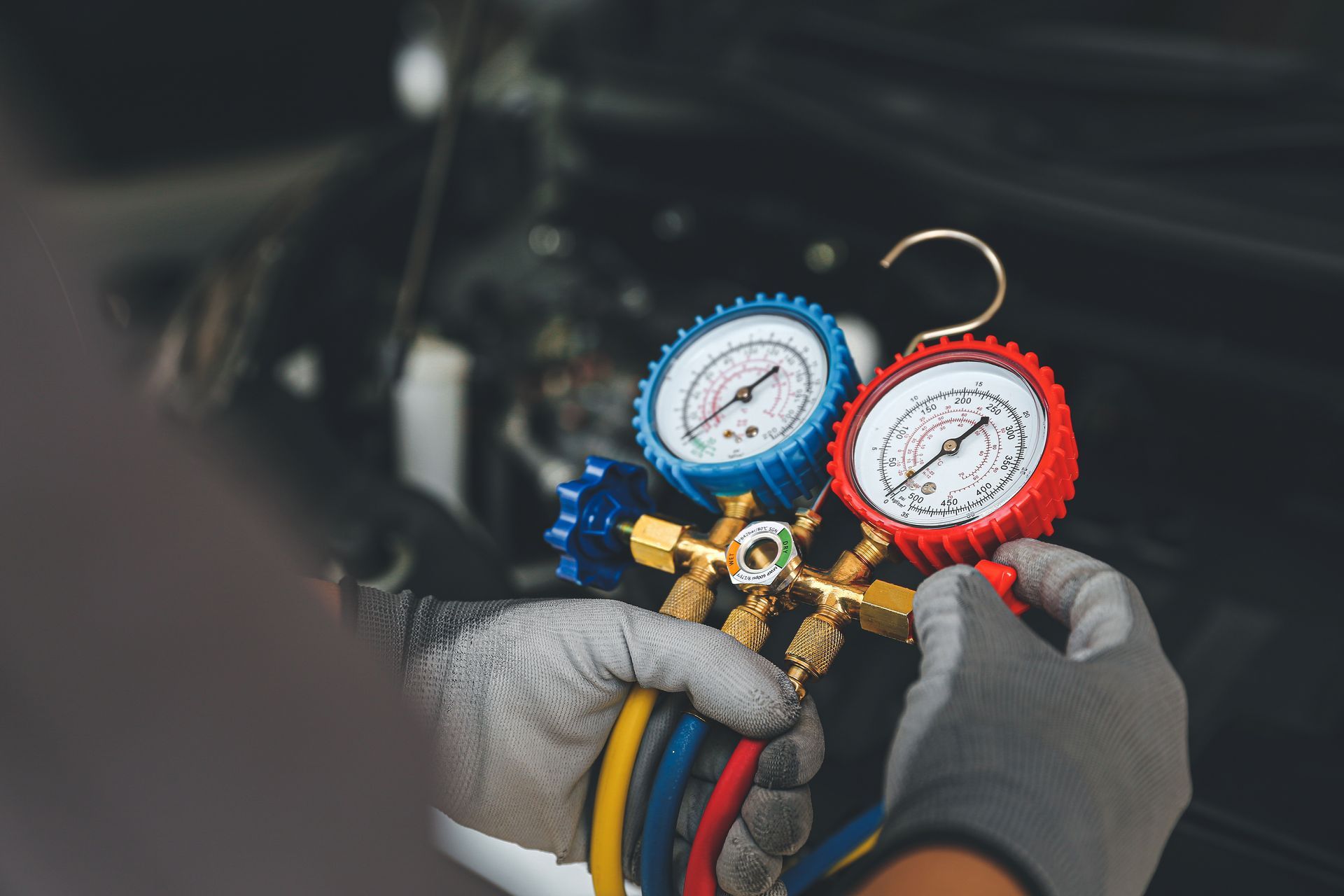
Best HVAC Service Packages in the D.C. Area
Joining an HVAC company VIP club can provide several benefits to homeowners, including peace of mind, cost savings and personalized service.
